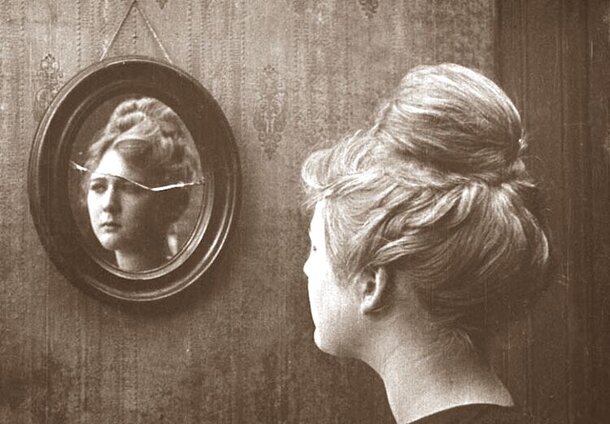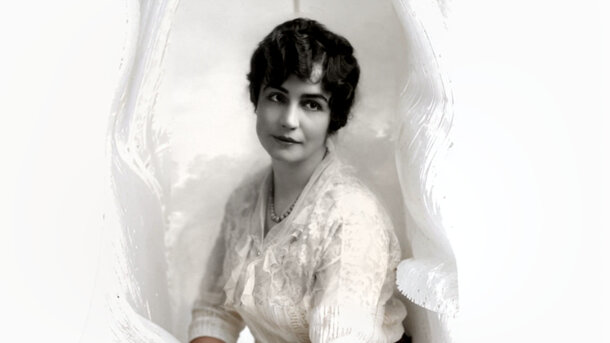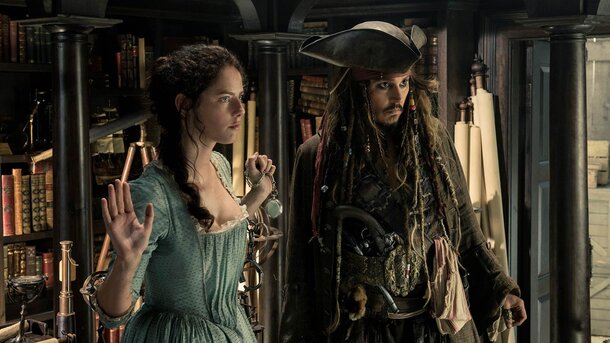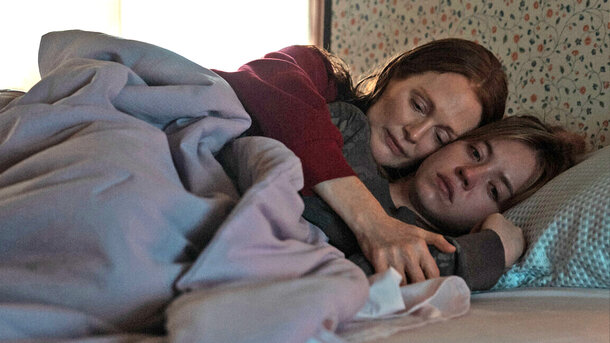In the early 1910s, social cinema was actively developing in the United States. The directors were like journalists, they began to uncover the ulcers of modernity. In 1912, George Nichols released Crying Children - about child labor, in 1913, Frank Beale directed The White Slave Trade - about the problem of sex traffic, and by the middle of the decade, films in this genre began to be made by one of the greatest women directors in history- Lois Weber.
Weber came to the cinema as an actress. At first she performed musical numbers in phonoscenes, later she directed some of them herself, and by the early 1910s she organized something like a creative tandem with her husband, Phillips Smalley, and shot films, dividing the authorship. In 1913, her first significant film Suspense was released, which was not related to the social genre, but was important for the history of cinema. Weber entered into a controversy with the techniques of the main director of that era, David Wark Griffith - he was the founder of parallel editing and developed its scheme, she proposed in her film a different version of how this can work. Two years later, Lois Weber shot The Hypocrites (1915), after which her career took off sharply. Not only because the film turned out to be a masterpiece, but also because it was scandalous: scenes with a fully naked actress caused the film to be banned in some states and recieve high box office receipts in others.
In the same year, Weber and her husband were invited to Universal Studios, where she became one of the highest-paid directors and created her best social films Where are My Children? (1916) and Shoes (1916). The first was an anti-abortion statement, the second demonstrated the inability of women to live on a tiny salary. Both were created to bring big, important ideas to people - and this is what Lois Weber has been doing all her life. She has been attracted to social gestures since her youth.
Before joining the film industry, she volunteered for two years in the "Church Army": she sang hymns in the streets, helped the poor, prosritues and prisoners, and when she started making films, her sermon simply moved from the streets to the screens. After she earned millions of dollars for Universal, she managed to get financial support from the company to open her own.
In 1917, she founded Sunset Boulevard Studio and became the first American woman to run a film business. Weber controlled every aspect of the production, from the script to the final editing, and sometimes managed to act as an actress. And in order to ensure her studio's financial stability, she worked for other film companies as a hired director. In the 1920s, the time of jazz came to the United States, and this had a bad effect on Weber's career. The cult of an easy, fun life flourished among young people, and the moralizing tone of Weber's films ceased to coincide with the public's mood so much that Paramount terminated her contract, and her own studio dissolved in 1921. A year later, the director broke up with her husband, a year later she suffered a nervous breakdown and did not make films for several years, but in 1926 she returned to work and directed until her death in 1939.
In total, Lois Weber shot about one hundred and forty films, only part has survived to our time. Some films have been lost, some have deteriorated, and the rest are stored in film archives in different countries. But some things have been restored, for example, in perfect quality today you can see Shoes (1916) and The Dumb Girl of Portici (1916).

Key Points about Lois Weber and Social Film:
Pioneering Female Filmmaker: Born in 1879, Lois Weber began her career in the silent film era and quickly established herself as a leading director, often directing and producing her own films. She was among the first women to be given creative control in the film industry. Focus on Social Issues: Weber’s films frequently tackled important social issues such as women's rights, poverty, and societal norms. She believed in the power of film as a medium to raise awareness and provoke thought about societal challenges.
Notable Works: Some of her most acclaimed films include: Where Are My Children? (1916): This film addressed issues such as child welfare and birth control, seeking to highlight the consequences of unwanted pregnancies and the societal stigma surrounding them. The Hypocrites (1915): This film featured the controversial "nude is in" scene, using nudity to comment on hypocrisy in society, particularly regarding morality. Suspense (1913): A silent short film notable for its innovative editing and use of split screens, it also engaged with themes of crime and justice.
Innovations in Filmmaking: Weber was known for her artistic and technical innovations, including the use of special effects and complex narratives. She was one of the first directors to use techniques like slow motion and double exposures to enhance storytelling.
Advocacy for Women: Through her work, Weber advocated for women's rights and often explored the roles and struggles of women in society. She was a prominent figure in the suffrage movement and used her films as a platform to promote women's issues.
Cultural Impact: Despite her significant contributions to cinema, Weber’s work has been underappreciated in film history. However, recent studies have sought to revive interest in her films and recognize her as a key figure in the development of social consciousness in film.
Legacy: Lois Weber's films remain relevant today as they resonate with ongoing conversations about social justice, women's rights, and the capacity of cinema to enact social change. Her work is celebrated for its depth, creativity, and the foresight with which it approached pressing social issues of her time.
Lois Weber's legacy serves as a reminder of the important role women have played in the history of filmmaking, particularly in using cinema as a tool for social commentary and change.











